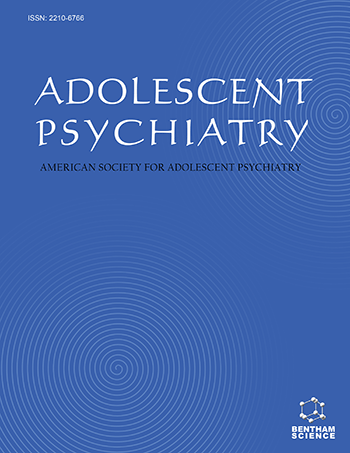Abstract
Background: Adolescents have increasingly relied on social media for communication. Communication of feelings of despair and suicidal thoughts and intentions sometimes occur. These form a type of peer-to-peer communication, which may or may not result in a response that eventuates in appropriate intervention.
Method: This article presents the case of an adolescent who was hospitalized after her mother discovered that she had posted suicide plans on Facebook.
Results: The mother’s discovery was “accidental” in the sense that the girl had left her computer turned on with the screen showing the post. Prior to this discovery the mother had little awareness of her child’s on-line activities or of her depression. The suicide threat occurred in the context of cyber bullying and compulsive on-line activity. Interventions included family therapy at which rules governing computer and cell phone use were negotiated.
Conclusions: Improved parental awareness of their child’s online activities is important for many reasons, especially for detection and intervention of high-risk activities.
Keywords: Adolescents, case report, cyberbullying, depression, social media, suicide threats, suicide, treatment.



























